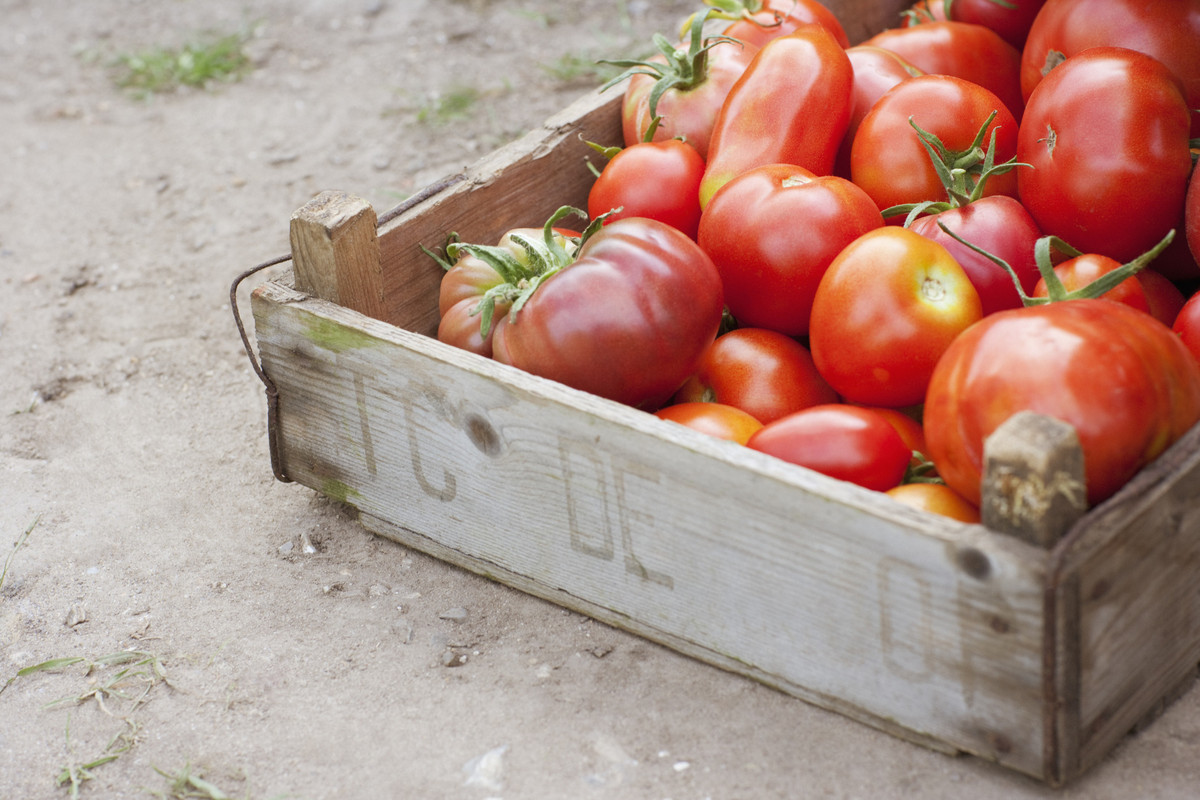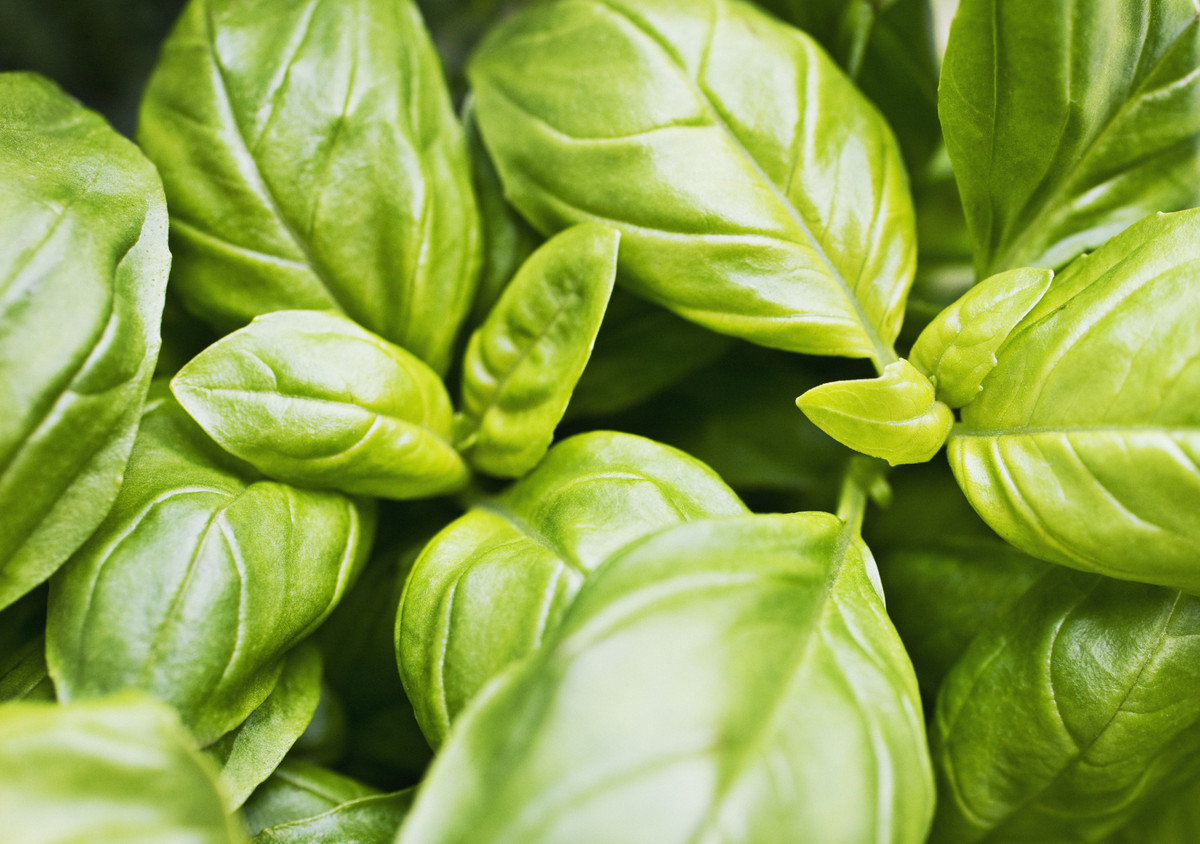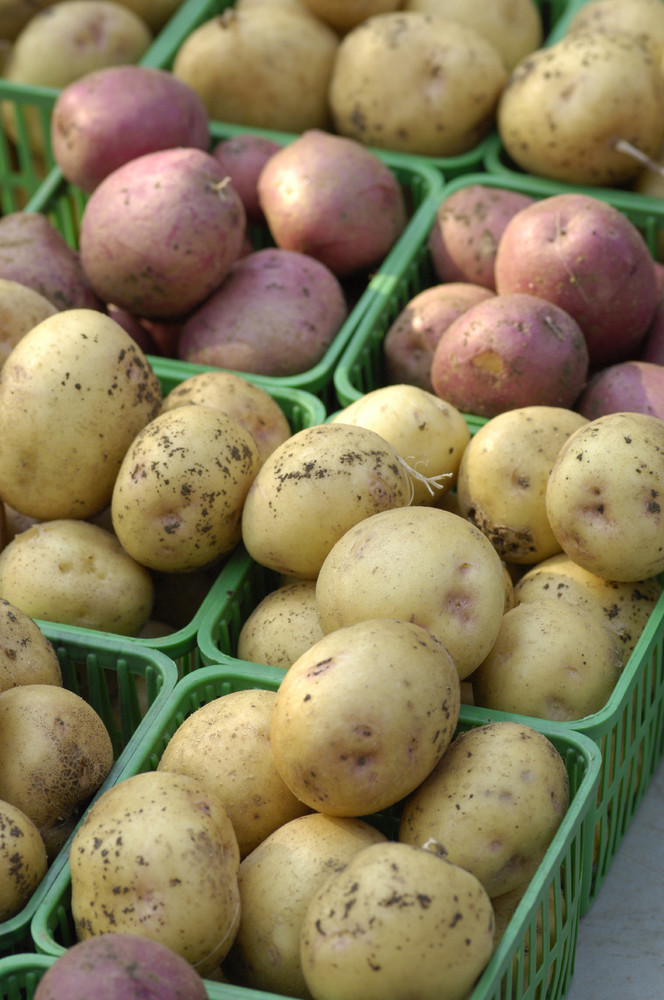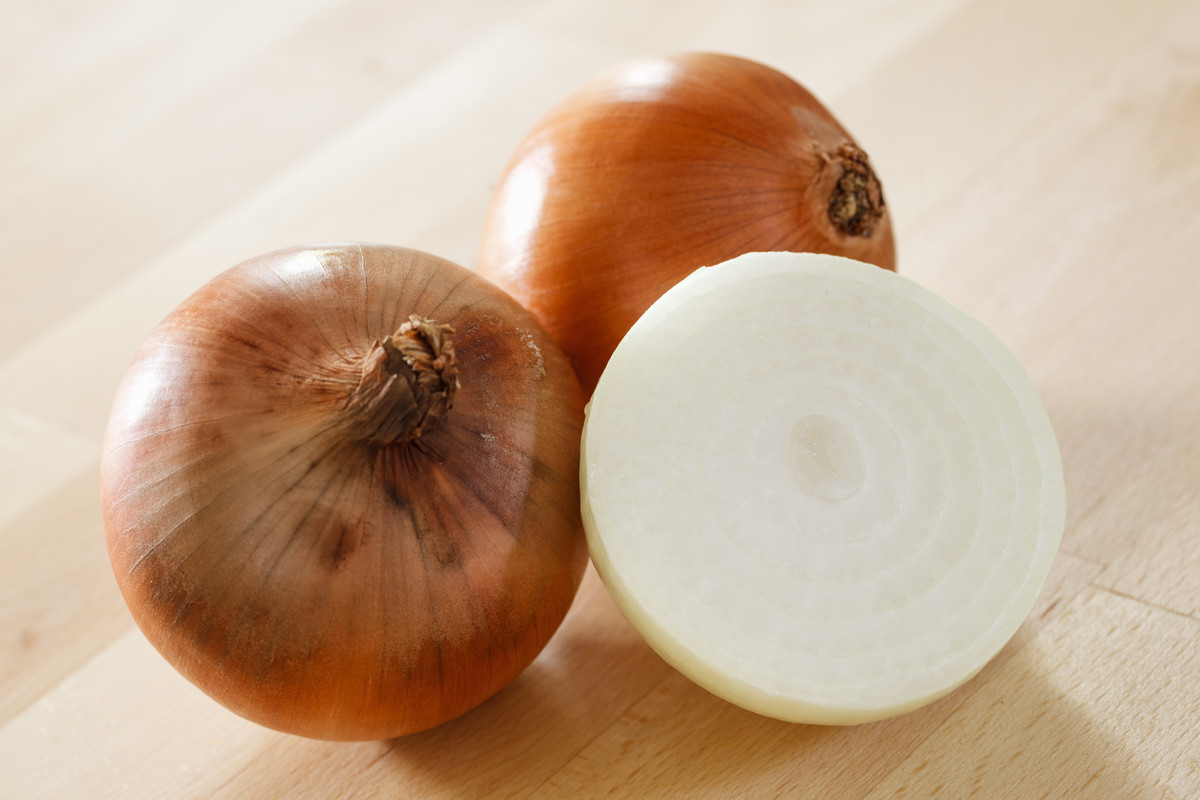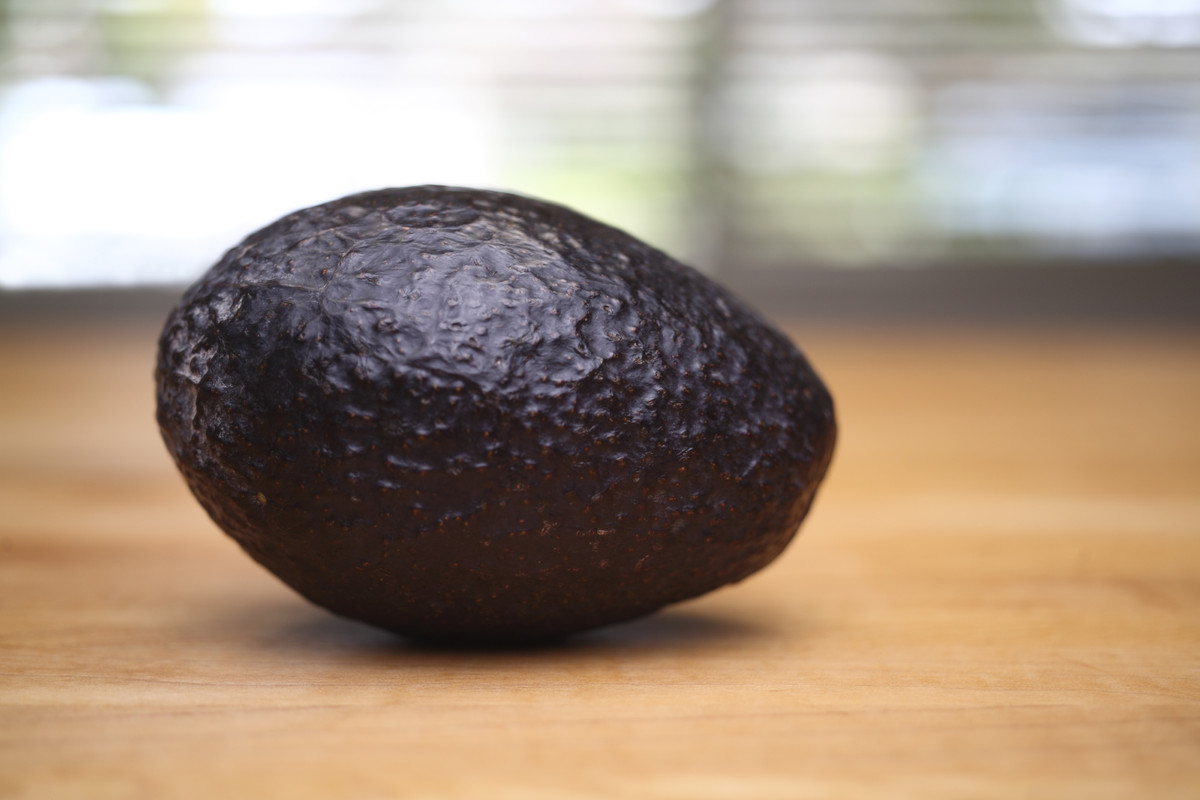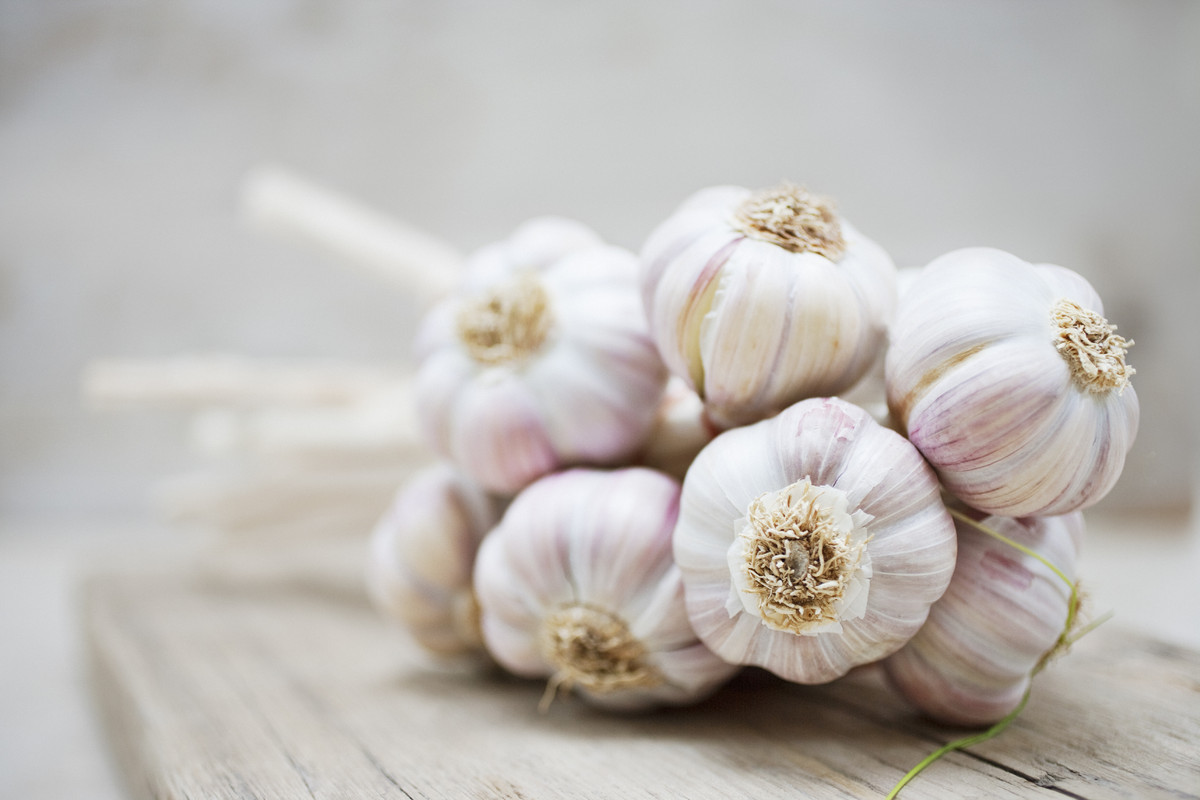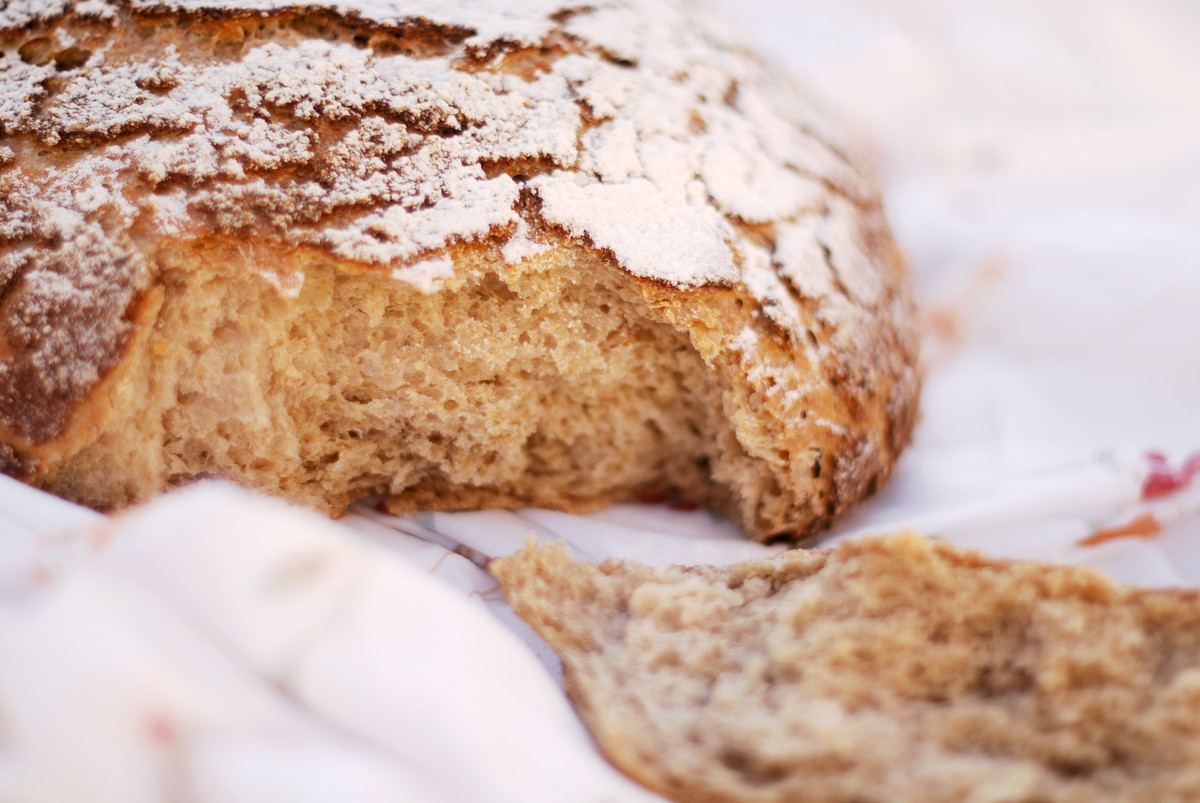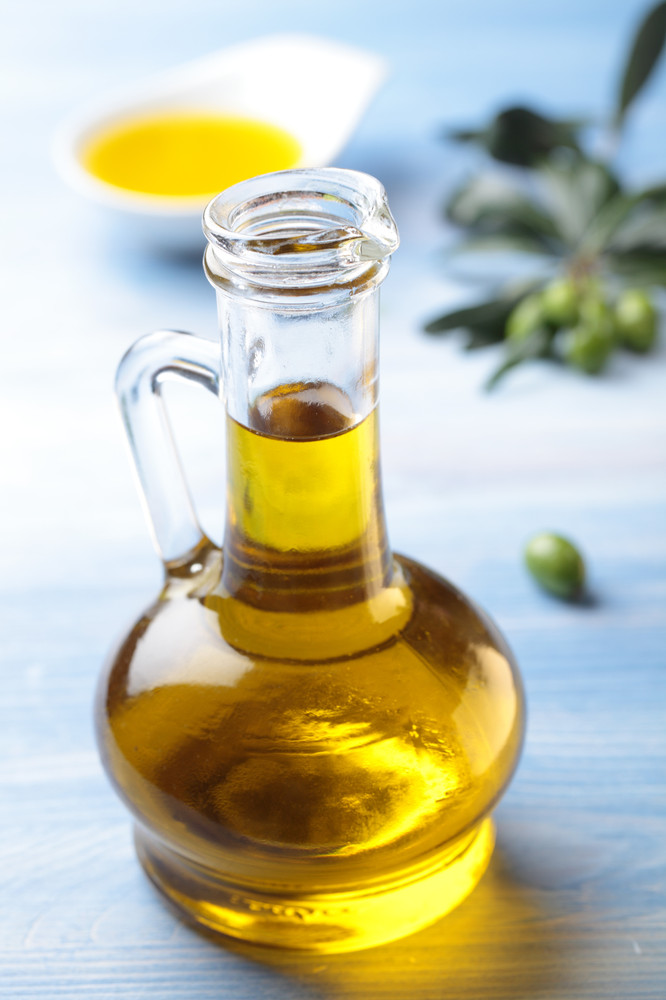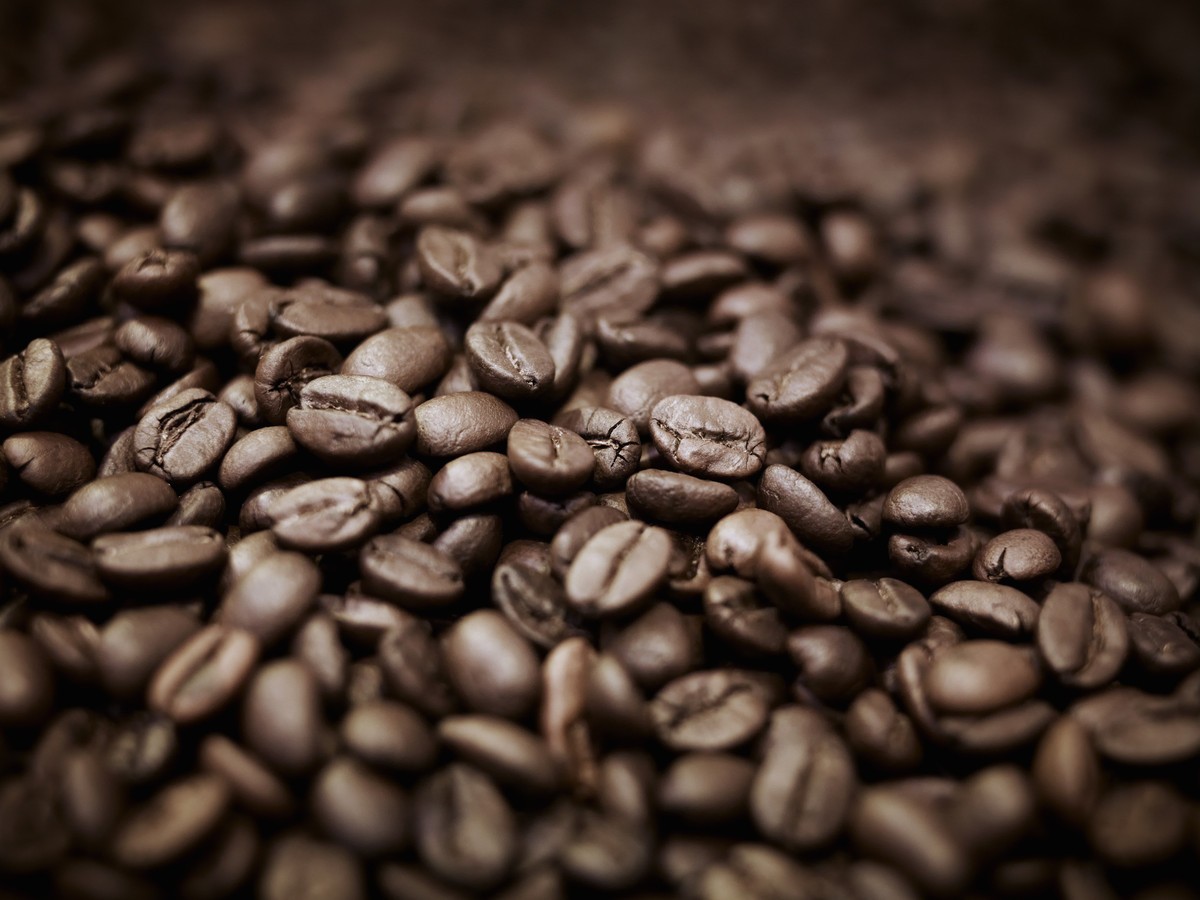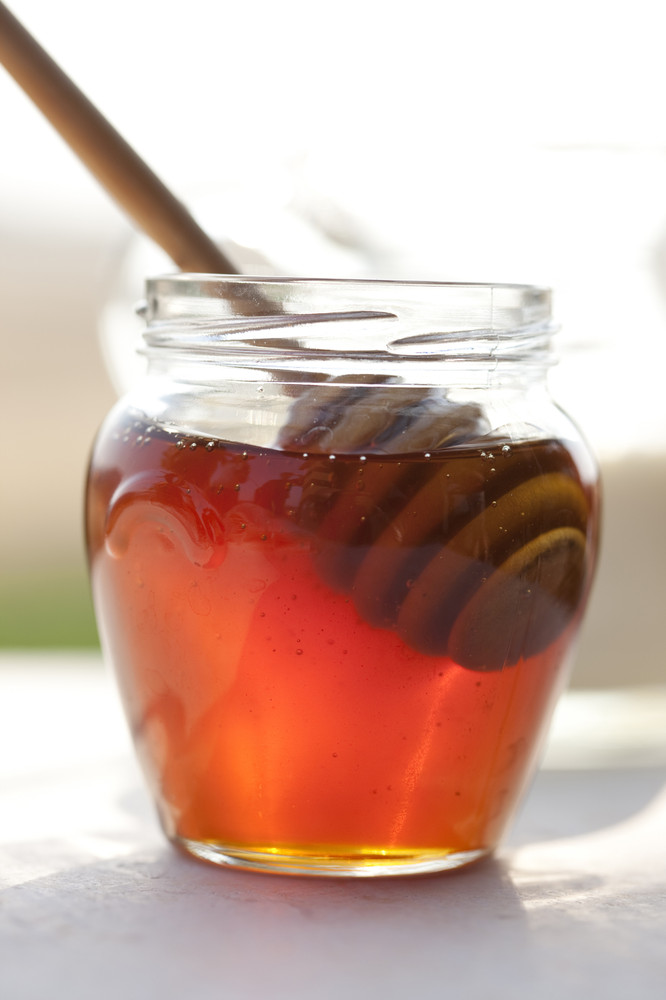Dangers of Pesticides
Dangers of Pesticides
Study Shows One Week of Consuming An Organic Diet Results In Almost 90 Percent Reduction In Pesticide Levels
The average person is exposed to 10 to 13 pesticide residues each day from food, beverages and drinking water. About 80 percent of organically grown fruits and vegetables are pesticide free, and a recent study showed that consumption of an organic diet for one week significantly reduced pesticide exposure levels in adults.
Dangers of Pesticides
Conventional food production commonly uses organophosphate (OP) pesticides. OP pesticide exposure occurs through inhalation, ingestion and dermal contact. Because some OP pesticides have been considered to disintegrate quickly in air and light, regulatory agencies have dismissed their dangers and have repeatedly given them the green light being relatively safe to consumers. Critics and health experts claim the residues do not disintegrate to any appreciable degree.
Certain reproductive effects in fertility, growth, and development for males and females have been linked specifically to OP pesticide exposure.
Males exposed to OP pesticides can show poor semen and sperm quality have been seen, including reduced seminal volume and percentage motility, as well as a decrease in sperm count per ejacuate. In females, once age of menstruation is reached, cycle disturbances may occur, longer pregnancies, spontaneous abortions, stillbirths, and some developmental effects in offspring have been linked to OP pesticide exposure.
Neurotoxic effects have also been linked to poisoning with OP pesticides causing four neurotoxic effects in humans: cholinergic syndrome, intermediate syndrome, organophosphate-induced delayed polyneuropathy (OPIDP), and chronic organophosphate-induced neuropsychiatric disorder (COPIND). These syndromes result after acute and chronic exposure to OP pesticides which can after onsite of harvest or even down the distribution chain at grocery retailers.
A team of scientists from the University of Montreal and Harvard University has discovered that exposure to organophosphate pesticides may be
associated with increased risk of Attention-Deficit Hyperactivity Disorder (ADHD) in children.
OPs are considered one of the top ten chemicals
causing autism and neurotoxicty.
Almost 90% Reducion With An Organic Diet
Organic food is deemed healthier because it is produced without these pesticides. Studies suggest that organic food consumption may significantly reduce OP pesticide exposure in children who have relatively higher pesticide exposure than adults due to their different diets, body weight, behaviour and less efficient metabolism.
The
study, led by Dr Liza Oates found particpants' urinary dialkylphosphates (DAPs) measurements (which are biomarkers of OPs) were 89% lower when they ate an organic diet for seven days compared to a conventional diet for the same amount of time. DAPs make up to 80% of organophosphate pesticides.
Thirteen participants were randomly allocated to consume a diet of at least 80% organic or conventional food for 7 days and then crossed over to the alternate diet.
The consumption of an organic diet for one week significantly reduced OP pesticide exposure in adults. Larger scale studies in different populations will be required to confirm these findings and investigate their clinical relevance.
Dr Oates said having the same people experience a large drop in organophosphate pesticide levels when consuming organic foods as opposed to conventional foods suggested most of these pesticides come from food consumption. However, she recognised it could come from other sources.
"The people in the organic phase (of the study) still did have some exposure, so there are obviously some alternate routes of exposure," she said.
This idea was supported by University of Adelaide toxicologist Dr Ian Musgrave.
"We're exposed to pesticide residues in a number of ways," he said.
"The study is quite good in the way they exposed food exposure, but the possibility is there are other explanations for why they're seeing this."
Dr Musgrave said people who lived outside of urban areas often had higher exposures to pesticide, despite the fact that they were less likely to be consuming vast quantities of pesticide-contaminated food.
Dr Oates said people can be exposed to pesticides through inhalation and skin absorption.
"There is some emerging research suggesting some links between chronic low-dose exposure to OPs and some issues with the nervous system and that's not surprising because the activities of these agents is they are toxic to the nervous system to humans," she said.
"A lot of these agents were initially developed as nerve gases for chemical warfare, so we do know they have toxic effects on the nervous system at high doses.
"What's less clear is at what dose they're considered to be completely safe and that's probably very different for different individuals depending on other factors like their ability to eliminate and detoxify these chemicals."
Is All Organic Produce Safe From Pesticides?
The US Department of Agriculture's Pesticide Data Program (PDP) tests 12,000-15,000 samples each year of the fruits, vegetables and other foods that make up a signifi cant portion of infants' and children's diets.
PDP data over the last fourteen years provides a solid basis to compare pesticide risks in conventional and organic foods. It also reveals distinct seasonal spikes in pesticide residue levels in imported produce. Based on the PDP and data on the toxicity of pesticides from the Environmental Protection Agency, the Organic Center created a Dietary Risk Index (DRI) and calculated a DRI score for all foods tested by the PDP. These DRI scores are measures of relative risk from individual servings of food and are the basis of the ranking of foods by pesticide risk in the Center's pocket guide "Organic Essentials."
About 80% of organically grown fruits and vegetables are pesticide free, while some twenty percent still contain some residues. Why? The National Organic Program (NOP) approves approximately 315 pesticide products containing natural ingredients for use in organic agriculture under specific restrictions imposed by organic certifiers.
Synthetic pesticides not approved for use on organic farms do
sometimes fi nd their way onto organic food as a result of drift,
carryover in the soil, or movement in the air.
So although conventionally grown fruits and veggies are about eight
times more likely than fresh organic products to carry multiple residues, they are not exempt from contamination. Yes, you can still purchase organic produce with pesticides and there is no way to prevent this from occurring 100% of the time.
The goal of the USDA organic label has always been to
increase agricultural sales, not promote organic farming. Under the federal organic law, there is a limited controlled process for allowing the use of substances not normally permitted in organic production. Under new policies, exempt material can now be permitted indefinitely into organic produce, meaning there is no guarantee that the organic label will be free of synthetic chemicals, irradiation, pasteurization or sterlization or even genetic modification.
How to Reduce Your Risk
There are several ways to reduce your risk of pesticide exposure. Even though they are not perfect, buying organic food and naturally raised meat like free-range organic chicken is the most effective way, as these foods will have the least (and sometime zero) synthetic pesticides and other chemicals.
Here's an overview of how pesticides are used in specific foods.
Apples - pesticides are found on apples and washing does not necessarily help.
Apricots, nectarines, and peaches - highly likely to contain pesticide residue.
Beets - beets are thin-skinned and grow underground and can absorb pesticides and heavy metals.
Carrots - carrots are good at absorbing heavy metals from the soil.
Bell Peppers & Hot peppers -multiple pesticide residues.
Celery - celery has no protective skin making it difficult to wash off all the chemicals.
Cherries - sprayed many times during their growth cycle therefore various pesticides and chemicals are used.
Collard greens, salad greens, Swiss Chard - leafy greens tend to have high chemical residues because they grow so close to the ground.
Cucumbers - organophosphate are used on conventionally grown cucumbers making them highly toxic.
Green beans - numerous pesticides, herbicides, and fungicides are used on green beans; they are also sprayed multiple times during their growth cycle.
Spinach - According to the FDA, 60% of nonorganic spinach contains pesticide, herbicide, and fungicide residue, DDT, and permethrin.
Almonds - Almond trees are sprayed with toxic herbicides and pesticides.
Peanuts - peanuts grow underground therefore are susceptible to absorb toxins from the soil.
Pecans - pecan trees are sprayed with numerous chemicals: pesticides, herbicides, and miticides.
Soy Foods - very toxic pesticides are used to grow conventional soybeans.
Strawberries - if purchased out of season, most likely imported from a country with little laws about pesticide use. In addition, according to USDA's pesticide Data Program strawberries exceed tolerable levels.
Raspberries - buy locally -raspberries contain pesticide and fungicide residue.
Tomatoes - Always buy local tomatoes -okay to buy nonorganic if they are local.
Zucchini - although, zucchini does not tolerate pesticides and herbicides the pesticides used on this crop are known carcinogens.
Butter - pesticide residue loves fat...butter is all fat.
Eggs - buy local, organic, cage free, free roaming eggs -benefit: 1/3 less cholesterol, 1/4 less saturated fat, 2/3 more vitamin A, 2x more Omega 3 fatty acids, 3 x more vitamin E, 7 x more beta carotene.
Milk & yogurt - best to buy organic to avoid growth hormones and antibiotics.
FRUIT AND VEGGIES OKAY TO BUY NON-ORGANIC
Asparagus - rarely treated with pesticides.
Avocados - thick skin -rinse before slicing.
Broccoli, Brussels sprouts, Cabbage, & Cauliflower - pesticides do not work well with these vegetables.
Bananas - due to their thick skin okay to purchase nonorganic.
Cashews - where these are grown pesticides are rarely used.
Sweet Corn - although it may be sprayed with chemicals sweet corn almost never contains residue.
Eggplant - all varieties of eggplants are sprayed minimally therefore rarely contains pesticide residue.
Garlic - natural pest control.
Onions -same as garlic. Contains natural pest control and are rarely sprayed.
Rhubarb - The leaves of rhubarb are toxic therefore there is no need to spray.
Sweet potatoes - sweet potatoes do not like pesticides therefore rarely used.
Dried beans - sprayed with insecticide however beans are rinsed, soaked, and boiled therefore leaving very little residue.
Winter Squash - okay to buy nonorganic if you do not eat the skin. If you are planning on eating the skin buy organic because nonorganic squash is coated with an oily wax.
Watermelon - pesticides are used sparingly.
The following chart ranks the highest (100 score) and lowest (1 score) pesticide loads of popular fruits and veggies.
| RANK | FRUIT OR VEGGIE | SCORE |
| 1 (worst) | Peach | 100 (highest pesticide load) |
| 2 | Apple | 93 |
| 3 | Sweet Bell Pepper | 83 |
| 4 | Celery | 82 |
| 5 | Nectarine | 81 |
| 6 | Strawberries | 80 |
| 7 | Cherries | 73 |
| 8 | Kale | 69 |
| 9 | Lettuce | 67 |
| 10 | Grapes - Imported | 66 |
| 11 | Carrot | 63 |
| 12 | Pear | 63 |
| 13 | Collard Greens | 60 |
| 14 | Spinach | 58 |
| 15 | Potato | 56 |
| 16 | Green Beans | 53 |
| 17 | Summer Squash | 53 |
| 18 | Pepper | 51 |
| 19 | Cucumber | 50 |
| 20 | Raspberries | 46 |
| 21 | Grapes - Domestic | 44 |
| 22 | Plum | 44 |
| 23 | Orange | 44 |
| 24 | Cauliflower | 39 |
| 25 | Tangerine | 37 |
| 26 | Mushrooms | 36 |
| 27 | Banana | 34 |
| 28 | Winter Squash | 34 |
| 29 | Cantaloupe | 33 |
| 30 | Cranberries | 33 |
| 31 | Honeydew Melon | 30 |
| 32 | Grapefruit | 29 |
| 33 | Sweet Potato | 29 |
| 34 | Tomato | 29 |
| 35 | Broccoli | 28 |
| 36 | Watermelon | 26 |
| 37 | Papaya | 20 |
| 38 | Eggplant | 20 |
| 39 | Cabbage | 17 |
| 40 | Kiwi | 13 |
| 41 | Sweet Peas - Frozen | 10 |
| 42 | Asparagus | 10 |
| 43 | Mango | 9 |
| 44 | Pineapple | 7 |
| 45 | Sweet Corn - Frozen | 2 |
| 46 | Avocado | 1 |
| 47 (best) | Onion | 1 (lowest pesticide load) |
Natasha Longo has a master's degree in nutrition and is a certified fitness and nutritional counselor. She has consulted on public health policy and procurement in Canada, Australia, Spain, Ireland, England and Germany.
Study Shows One Week of Consuming An Organic Diet Results In Almost 90 Percent Reduction In Pesticide Levels



